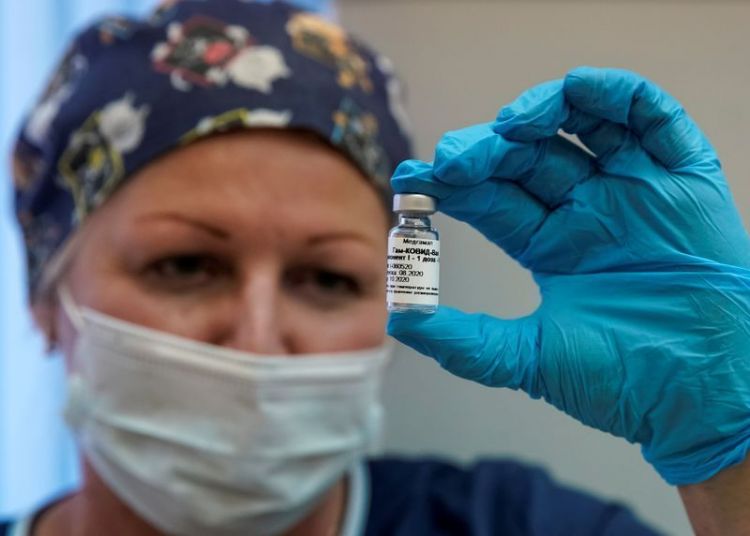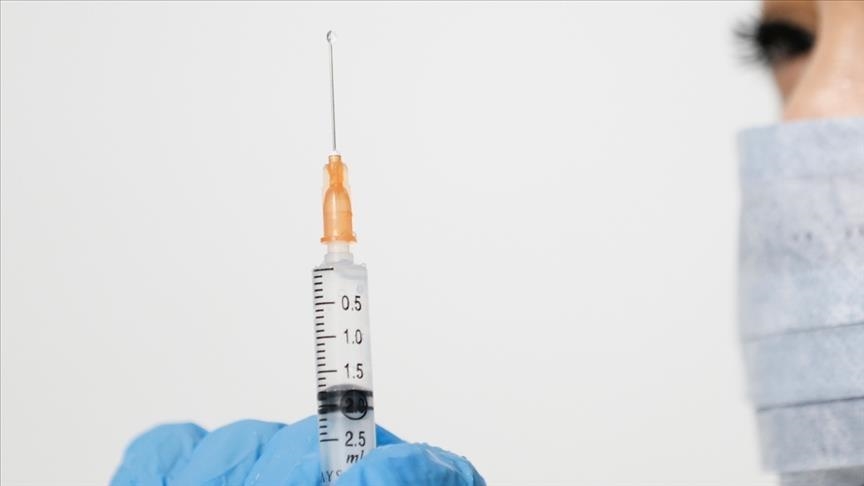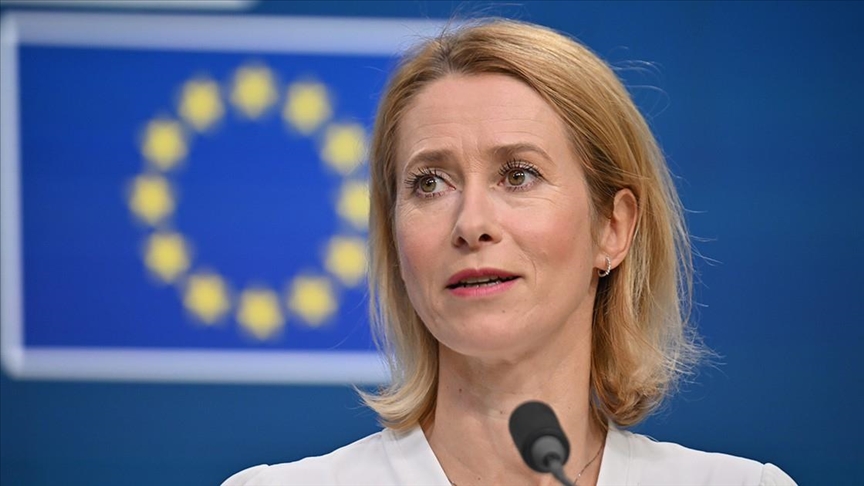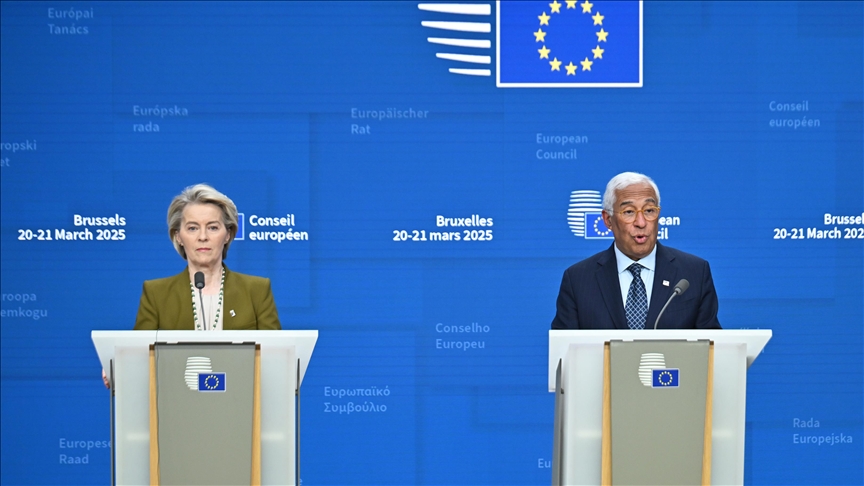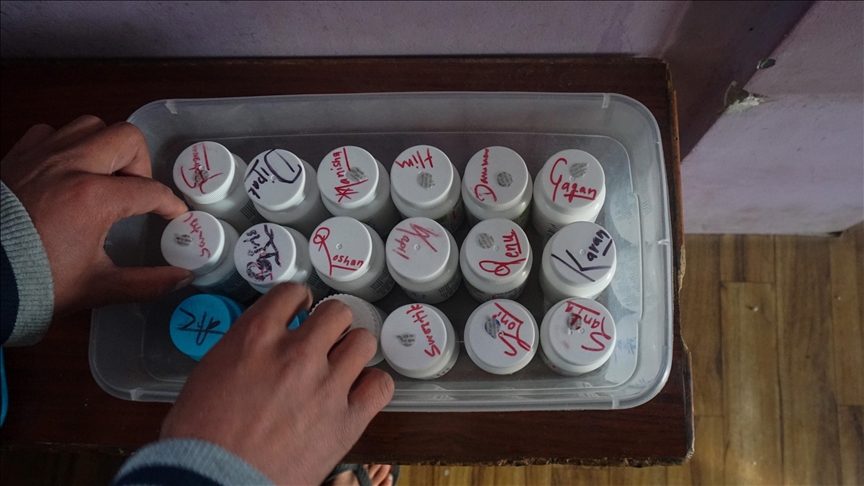Director of the Gamaleya National Research Center for Epidemiology and Microbiology of the Russian Healthcare Ministry Alexander Gintsburg thinks that Russia insufficiently monitors viruses and their mutations. He expressed an opinion that a research institute for sera should be established in the country to isolate new strains and forecast their influence on human body as well as to check the protective properties of vaccines, Eurasia Diary reports citing Tass.
"There should be a modern epidemiological surveillance of circulating strains. The British isolated a new coronavirus strain not because it emerged there but because they have a system of isolating such strains. They sequence about 20,000 [viruses] a month <...>, while we detected 1,500 over a year <...> with the population three times as much. In order to achieve the same scope they have in England, we have to sequence 60,000. It is necessary to have a staff of computational mathematicians who on this basis can build a gene tree of all isolated strains, establish affinities between them and track those connections that accumulate mutations the fastest," he told TASS.
According to him, in order to improve the epidemiological surveillance in the country, a national sera bank should be created. "It is necessary to create a national sera bank in the country which is what several generations of directors of the Gamaleya Institute were and are saying, and now it is obvious not only to the directors but also to general public, yet the situation remains unchanged," he said. The researcher explained that such a bank will help scientists to track changes in the pathogenic properties of the viruses and check the effectiveness of the existing vaccines against the circulating strains. "This work is not done even for infectious diseases that are included in the national inoculation calendar," he concluded.
Earlier, Russian top sanitary doctor Anna Popova stated that an isolated case of the infection with the British strain of the coronavirus was registered in Russia at the end of last year, currently the patient is not contagious anymore.
On December 14, 2020, Britain’s Secretary of State for Health and Social Care Matt Hancock said British scientists had identified a new coronavirus strain that might be to blame for high infection rates in southeastern England. According to him, a preliminary analysis indicated that this newly detected virus strain was spreading faster than any of the known strains. UK Prime Minister Boris Johnson at an emergency news conference on December 19 announced that, according to the current findings, the new strain might be 70% more contagious.

